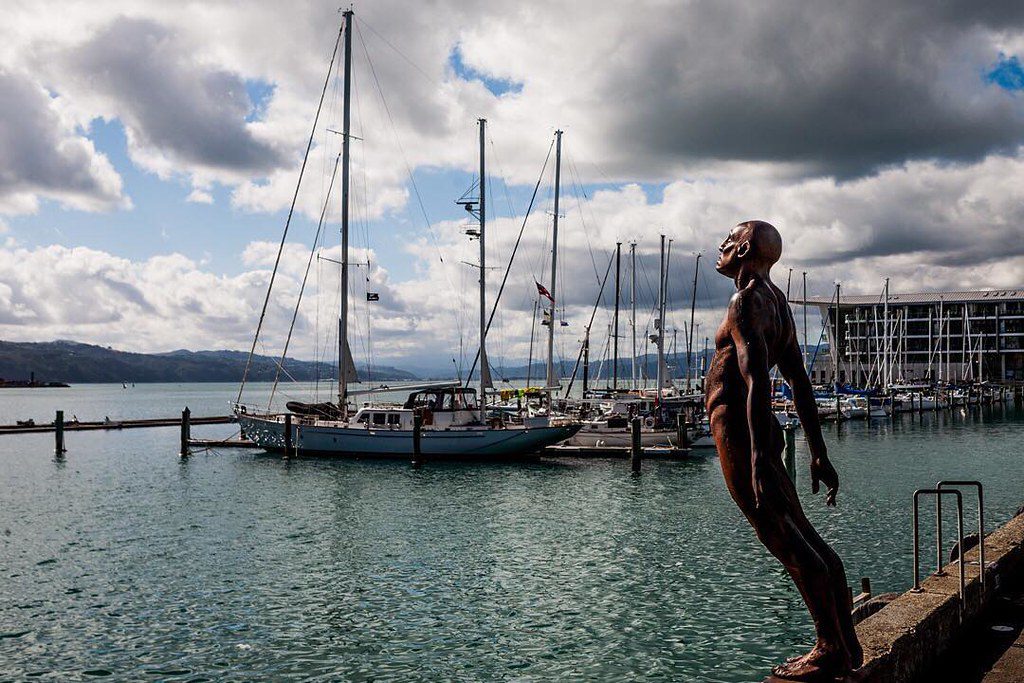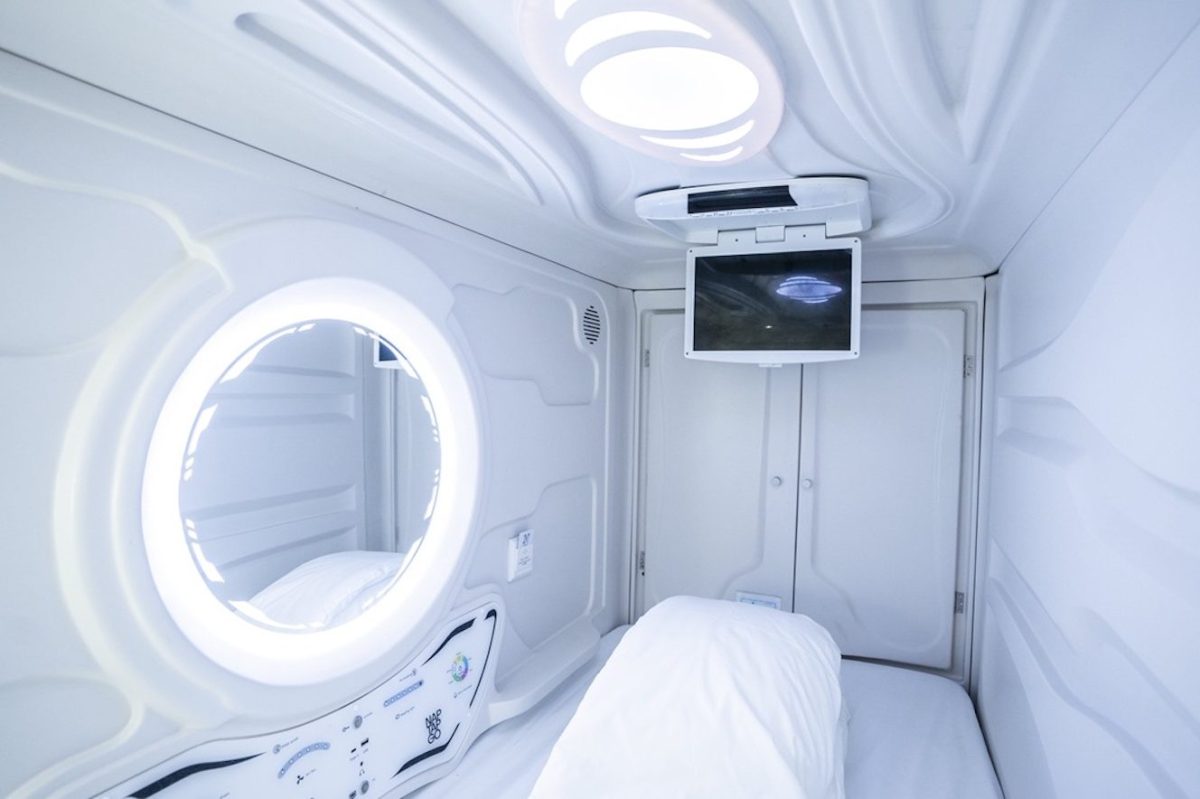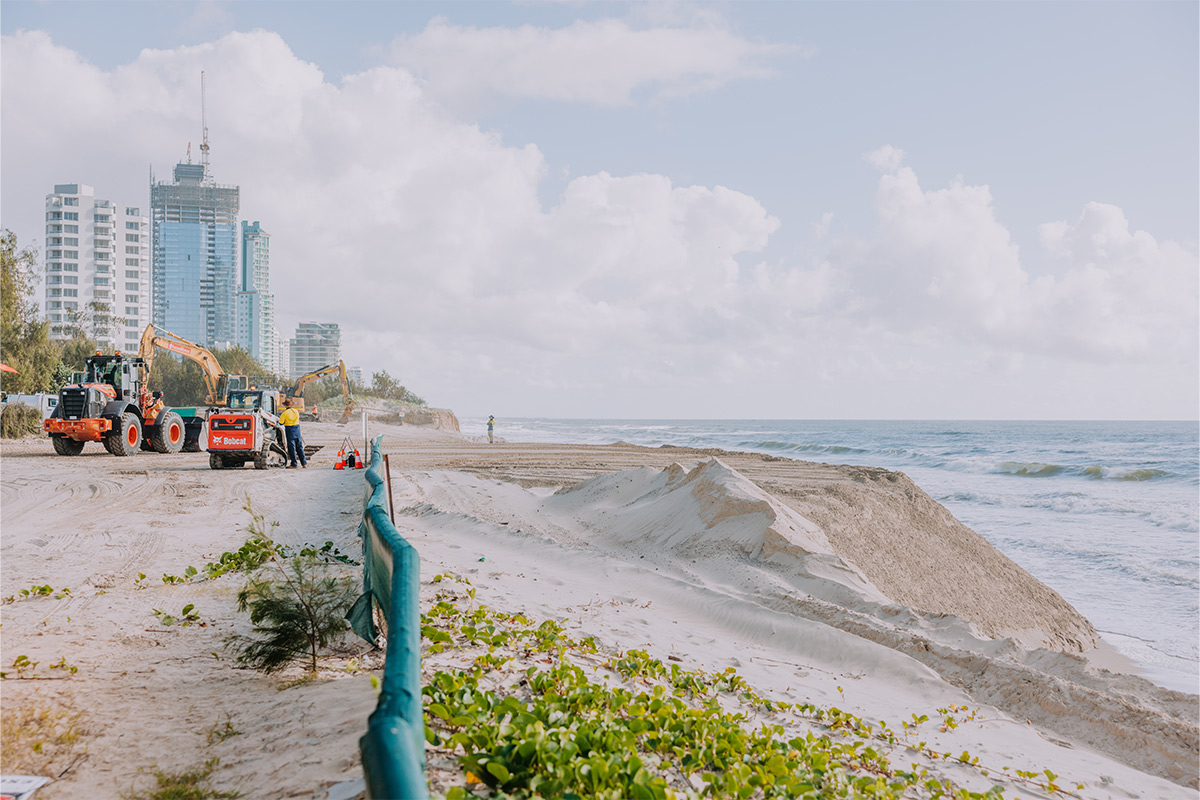Who Will Come Last in Global Travel's Staged Recovery?

Skift Take
The travel and tourism industry desperately needs a source of hope, and in recent days, so-called "travel bubbles" seem to be it.
The idea, in the works for New Zealand and Australia, is that countries and regions that have done a good job of reducing and maintaining low coronavirus case counts — or didn't have high case counts to begin with — could open up cross-border travel with one another after opening up domestic travel. Citizens can move freely without quarantine between countries with such an agreement.
In addition to the "trans-Tasman bubble," countries including Austria, Israel, the Czech Republic, Denmark, and Greece have been in talks to create a similar bloc. The Baltic states of Lithuania, Estonia, and Latvia announced their bubble will launch on May 15.
Get the Latest on Coronavirus and the Travel Industry on Skift's Liveblog
It's a logical — if logistically nightmarish — idea. And it's also inherently political. That's because in order to work, countries have to have a high level of trust between themselves that each has done their jobs properly, and will continue to stay vigilant. Otherwise, reopening cross-border tourism becomes more of a liability leading to a second lockdown, rather than a needed source of economic recovery.
Who Moves First?
Gary Bowerman, a tourism and consumer analyst focused on Asia, recently wrote about how travel's rebound is going to become an "entrenched political issue."
"Most countries are watching each other at the moment and trying to see who moves first, and I think Australia and New Zealand are probably a better place to do that, because they are more remote island nations and they are able to open up between them," Bowerman told Skift. "How that goes forward for the rest of the world we’ll need to see. I think a lot of the initial moves will come from Asia Pacific just because the virus was here first."
In addition to its past learnings from SARS and MERS, Bowerman notes, there is also a higher level of trust and closer ties between nations in the region, and governments broadly displayed competency in the crisis relative to other regions of the world. Inter-Asia leisure and business travel is higher now than it was during SARS, meaning a regional comeback would be meaningful even if long-haul travel is still a long way off.
"We really don't know at the moment what’s going to happen with long haul travel ... we don't know whether consumers are going to feel comfortable traveling long haul on long flights," Bowerman said. "This move we’re seeing in some countries is to open up first to domestic travel and see how that goes, perhaps look at the options of regional travel bubbles or regional strategic partnerships — I think that’s what we’re going to see, certainly for a few months."
Winners and Losers
Mario Hardy, CEO of the Pacific Asia Travel Association, told Skift that in regular meetings with groups including the World Travel and Tourism Council and the UN's World Tourism Organization "one thing we’ve all agreed is that the opening will be in phases, it will be gradual." But does that gradual nature imply that some countries will be left out, or recover much later?
"Left out? The short answer is yes there will be some," Hardy said. "There will be some that maybe were late in taking the necessary steps to lower the amount of cases, [they] will be left behind for an extensive period of time until they reach a point where it’s actually under control."
The obvious example is the United States, where leadership was not only slow to take the virus seriously, but now seems to indicate an increasing willingness to risk human life in service of an economic rebound. In Europe, the picture will be mixed. The European Union has indicated it wants a common criteria for restoring freedom of movement within the bloc — meaning all members should lift their restrictions at once. Nevertheless, the Baltics have already forged ahead with their own bubble, and the aforementioned cooperation of countries like Greece and Austria with non-EU countries like Israel threatens that unity even more.
In addition to the Baltic states, a bubble approach works in the context of Europe's tourism recovery more broadly, but with notable outliers, said Andy Fairburn, the director of the Nordic Tourism Collective.
Barriers to Entry
Throughout all of this, one concern according to Hardy is that travel bubbles or strategic partnerships will become a convoluted mess of bureaucracy — and in turn act as a kind of barrier to travel itself.
"We would like to see a unified approach in terms of some of these steps and procedures so that travelers or travel agents don't end up actually having to look up a set of different procedures for different countries. Which will be extremely confusing and extremely difficult," Hardy said.
In a way, the success of such a strategy is dependent on the core competency of a given government — can they actually do what they say they will do? — as well as the strength of their diplomatic ties with allies and neighbors. And if this crisis has showed the world anything, is that some of the world's so-called superpowers aren't as competent as we thought they were.




